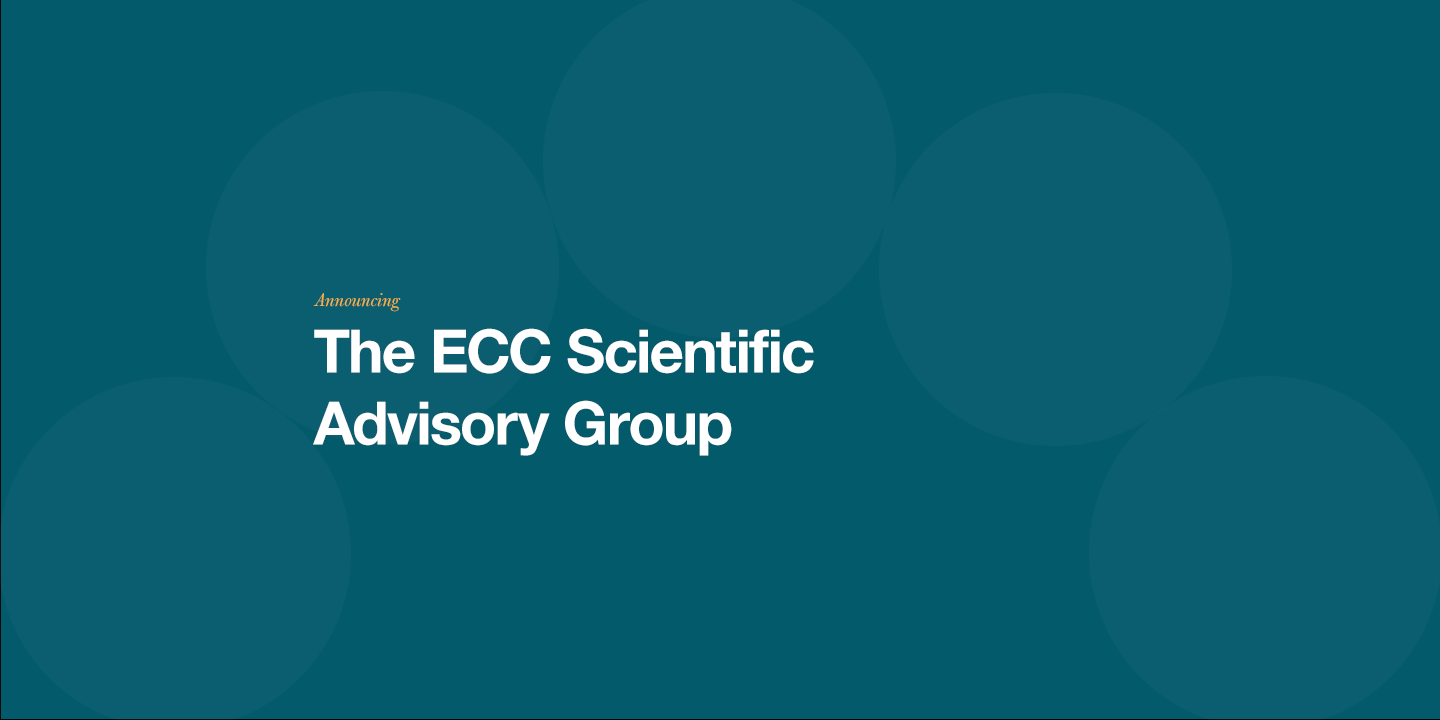Electric Coin Co. (ECC) is proud to announce the formation of its Scientific Advisory Group (SAG). The purpose of the SAG is to leverage diverse industry expertise to help guide the scientific evolution of the Zcash protocol and to support the mission of ECC, empowering everyone with economic freedom.
Initial SAG members include Arthur Breitman, Vitalik Buterin, Mary Maller, Zaki Manian and Gordon Mohr.
ECC has been fortunate to have excellent technical advisors serving through the years on our Technical Advisory Board. With the formation of the SAG, we’ll be bringing in additional industry and scientific expertise. SAG members and ECC will meet virtually every quarter and annually in-person, conditions permitting. ECC will primarily drive the agenda, which will focus on strategic topics like Halo on Zcash, scalability, future consensus mechanisms, UDAs, governance, interoperability and others.
Members
Arthur Breitman
Arthur is an early architect of the Tezos protocol. Prior to becoming involved in Tezos full time, he worked at Google X and Waymo on self-driving cars. In his earlier career, he worked as a quantitative analyst at Goldman Sachs and Morgan Stanley. Arthur graduated from the École Polytechnique and holds an MS in financial mathematics from the Courant Institute at NYU.
“It’s a pleasure to join this Scientific Advisory Group. The ECC has demonstrated an impressive ability to research, develop and deploy impressive cryptographic solutions. I look forward to being a part of the discussion on these exciting innovations with whip-smart, talented people.”
Vitalik Buterin
Vitalik is the founder of the Ethereum project, an advisor to ECC, and an active contributor to the broader blockchain and cryptocurrency ecosystem. He is currently most focused on the Ethereum protocol development efforts, as well as research on topics of security, scalability and economic sustainability.
“The ECC team is an excellent team, and they have impressed me with their technical talent, pragmatic vision, and steadfast focus on building a system that can improve privacy for ordinary people and be good for humanity. They have done an excellent job with the Zcash protocol itself, as well as broader cryptography research such as Halo. I am always excited to have opportunities to collaborate with them.”
Mary Maller
Mary is a cryptography researcher at the Ethereum Foundation. She is generally interested in public key cryptography, with a focus on the design of trusted setup ceremonies. Her PhD was in zero-knowledge proofs and was obtained at University College London. More recently she has been looking into distributed key generation.
“The ECC team was the first to successfully move zero-knowledge technology from the realms of research to production-ready code. They have led the way in standardization efforts, made all their results available to the community, and their whitepaper is fully self-contained. I look forward to working on the inaugural SAG with this brilliant set of people.”
Zaki Manian
Zaki wears many hats in the blockspace. He is Director of Tendermint Labs at Tendermint Inc, Executive Director of the Trusted IoT Alliance, and cofounder of the iqlusion validator. He was a founding team member at Cosmos, and is an expert in cryptography and distributed systems. Zaki is excited about extending access and availability of secure computing to as many people as possible. Zaki has been active in the blockchain space since 2013.
“I’m hugely excited to bring my experience with proof of stake and interoperability to Zcash through the ECC Scientific Advisory Group. Privacy is one of the most pressing issues in the cryptocurrency space, and ECC has enormous domain expertise.”
Gordon Mohr
In addition to being a long-time ECC advisor, Gordon is a veteran developer of internet and peer-to-peer systems since the advent of the web. After early work in Smalltalk-based software tools and federated instant-messaging, his startup Bitzi enabled community cataloguing, by hash fingerprint, of all media available in the Napster/Gnutella era — creating the “magnet” link standard. At the Internet Archive, Mohr led the development of open-source tools for web archiving — now in use at archive.org and libraries around the world — and led the Archive’s early crypto-treasury operations. Now, Mohr is a software consultant, advisor and investor for projects which aim to make deception and distraction costly, rather than profitable. Mohr holds a BA in Computer Science & Economics from the University of California, Berkeley.
“ECC pioneered the rapid application of cutting-edge cryptography to socially- and commercially-essential use in Zcash, via consistent software development and faithful support of its vibrant early-adopter community. And where theory had limits, the ECC team advanced the science, too, making things that were impossible a few years ago first practical and now easy. But the full cryptographic toolkit for high-confidence, high-privacy human collaboration still needs a lot more of ECC’s style of innovation. I’m honored to help on the ECC Scientific Advisory Group.”
